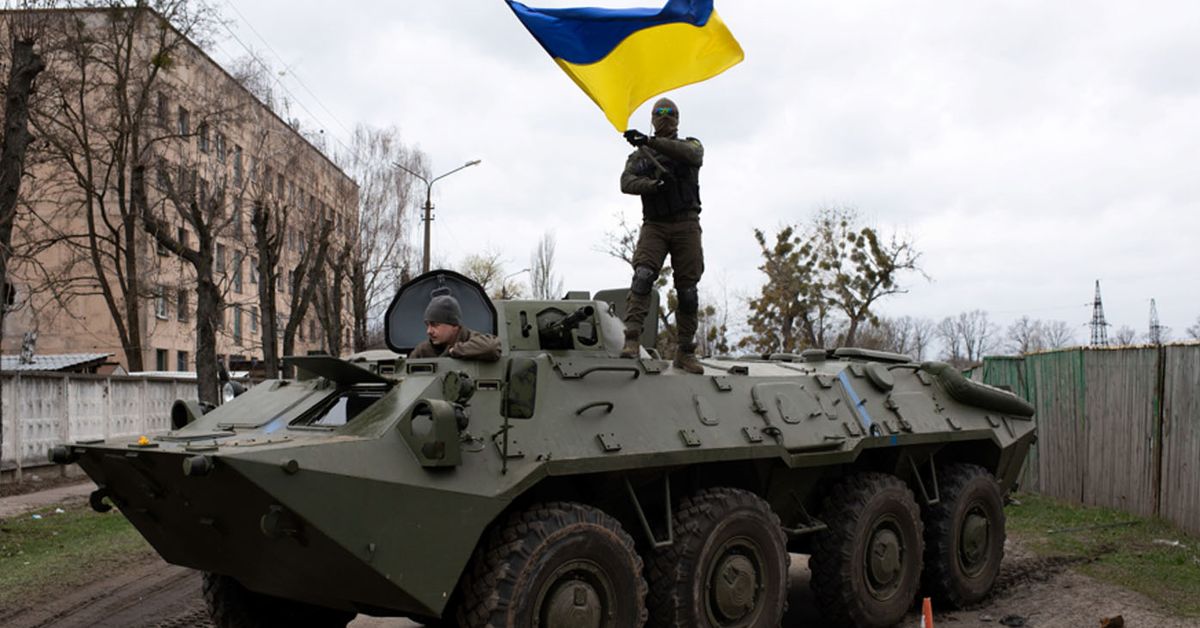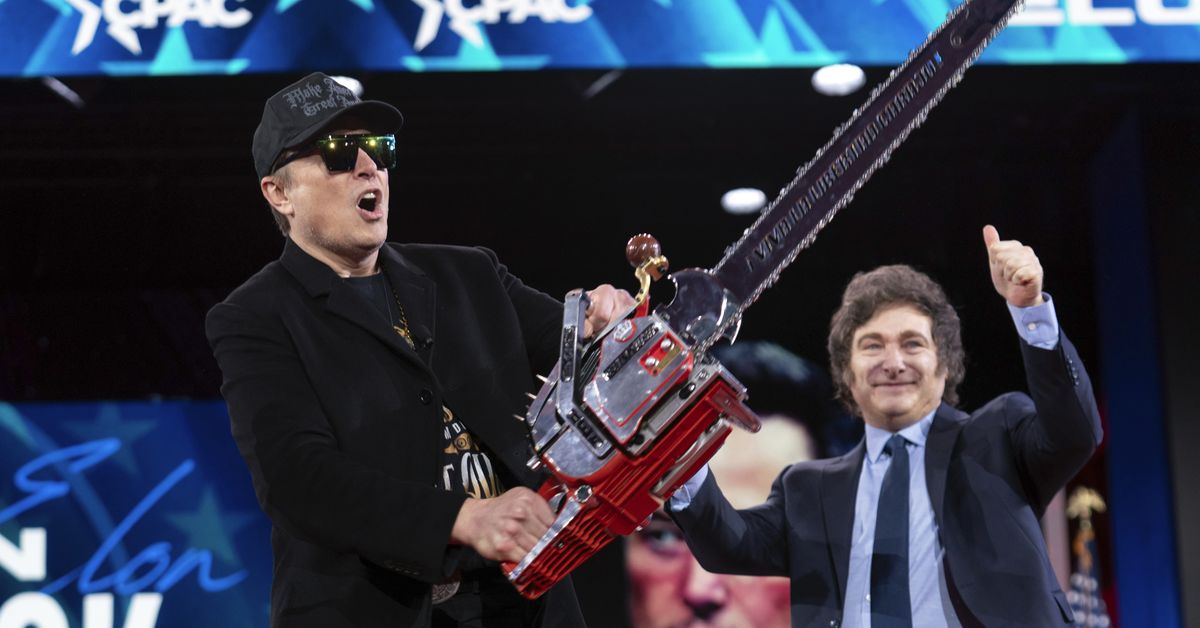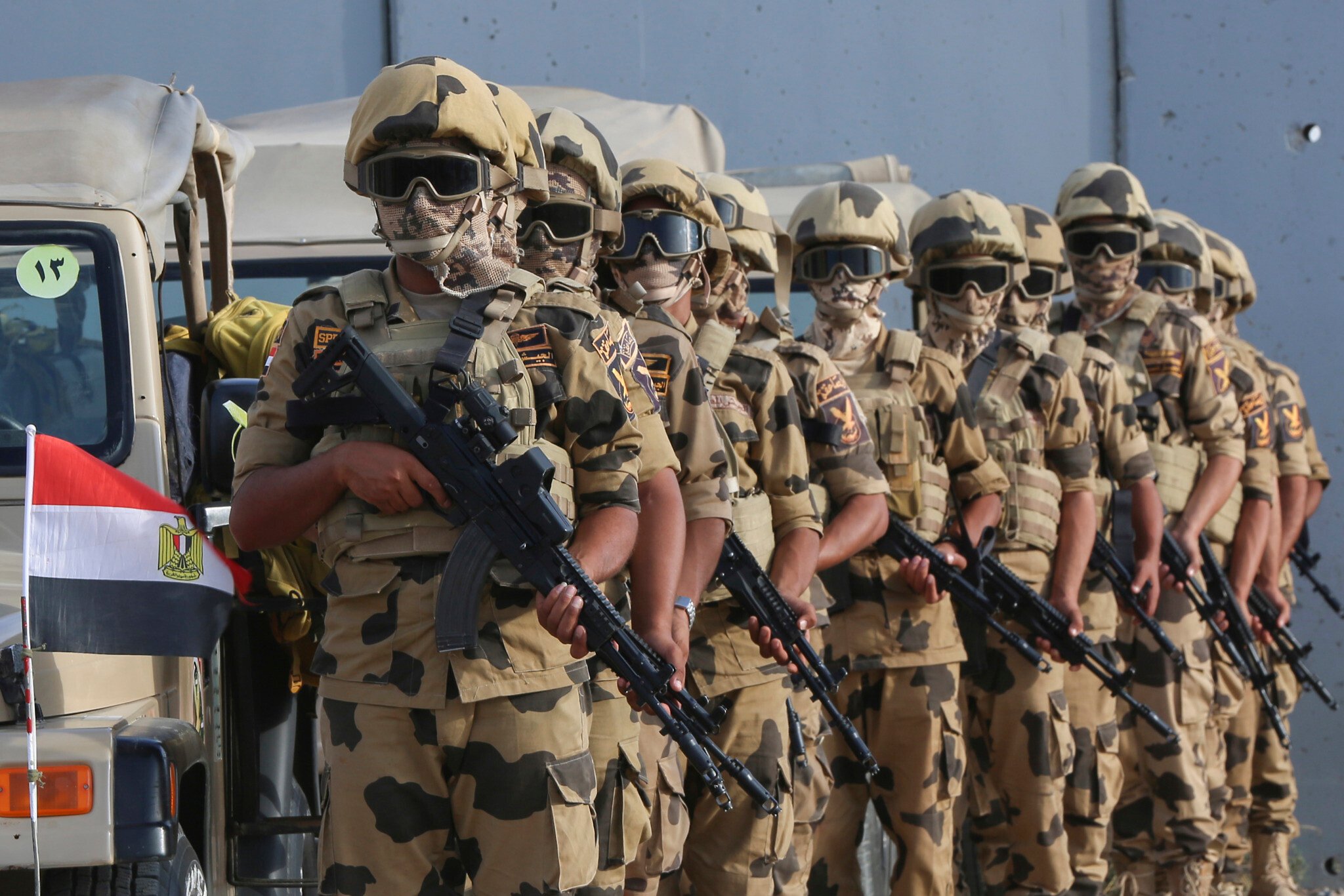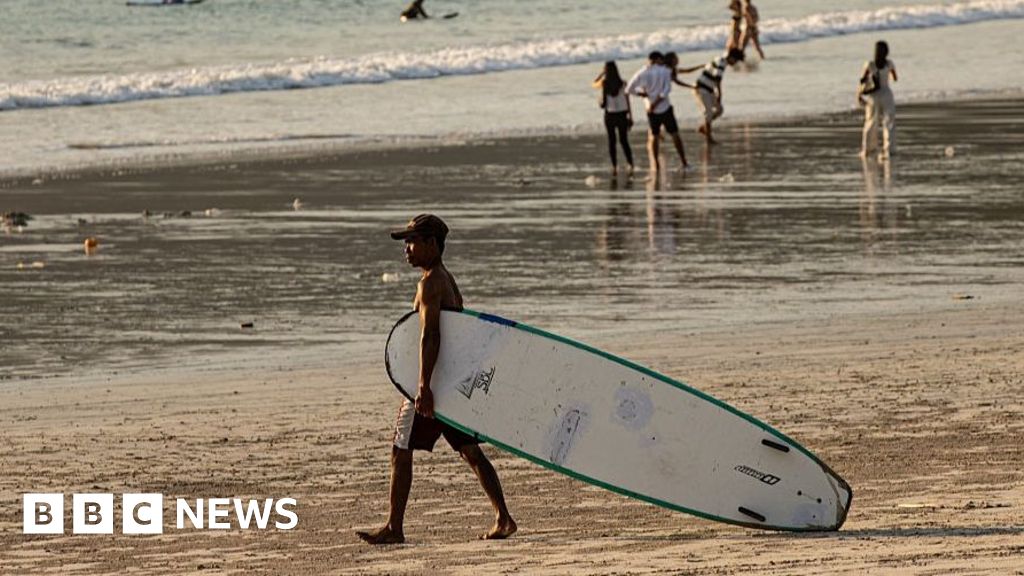Both Ukrainian President Volodymyr Zelenskyy and South African counterpart Cyril Ramaphosa were publicly ambushed after stepping into the Oval Office earlier this year.

“This is going to be great television,” Trump mused in front of Zelenskyy.
The unedifying displays were enough to make any world leader tetchy about a date with the US president, so does Albanese have anything to worry about?

Certainly, the relationship between the US and Australia is better than that of the White House and Zelenskyy – who Trump clashed with as far back as 2019 – and South Africa, which has seen its aid cut and faced accusations of white genocide (which local authorities deny) by the Trump administration.
But there are some sticking points between Washington and Canberra.
The decision made by the federal government to join the likes of the United Kingdom, France and Canada in recognising Palestine as a state put it at odds with Trump, while the Pentagon is unhappy with Australia’s defence spending levels.
Before Trump’s second term began, Australia had already committed to an increase in military spending from about 2 to 2.4 per cent of GDP by 2034 – still well short of the 3.5 per cent US War Secretary Pete Hegseth is calling for.

For the government’s part, it says defence spending is actually far higher than what the raw figures suggest.
“We’re overseeing the largest increase in defence funding outside of war in the history of the country, and secondly, we’ve also been explaining that using the NATO methodology, which is the preferred methodology to compare these things, we’re already at 2.8 per cent of GDP before all our increases kick in,” Defence Industry Minister Pat Conroy said on Thursday.
“So put that into context: that’s bigger than anyone in Europe, other than Poland and the Baltic states, it’s bigger than the United Kingdom, and it’s larger than any of the other Indo-Pacific partners.”

The latter has been touted as a potential bargaining chip to have Australia exempt from US tariffs – 50 per cent on steel and aluminium, as well as a 10 per cent baseline duty.
And according to defence analyst Michael Shoebridge, there’s another factor in the prime minister’s favour: the sheer weight of other issues Trump is focusing on.
“Trump is a busy man – and when it comes to Australia, that means he’s just not that into us,” he wrote for the Lowy Institute after the meeting was announced.
“That’s likely to mean he won’t focus as much as we fear on his Aussie visitor and the challenges and differences we’re all so worried about.
“In the world of 2025, that amounts to good news.”








